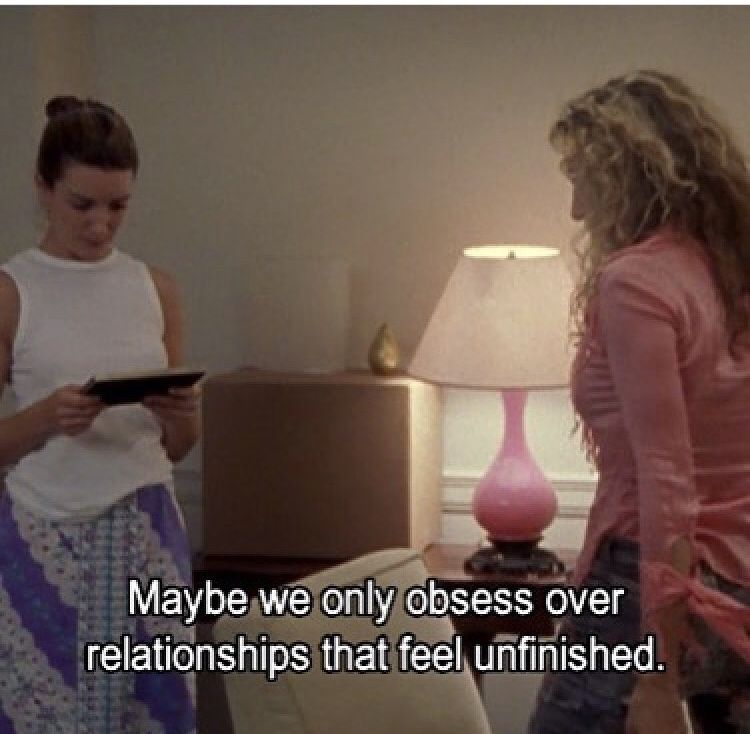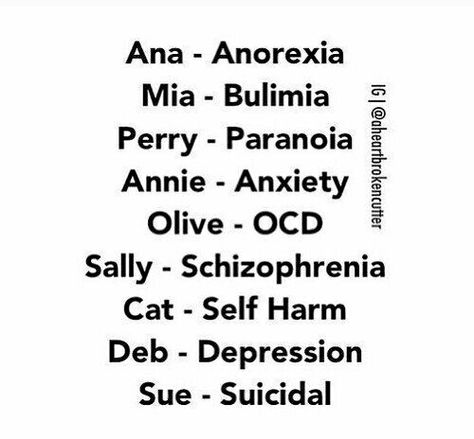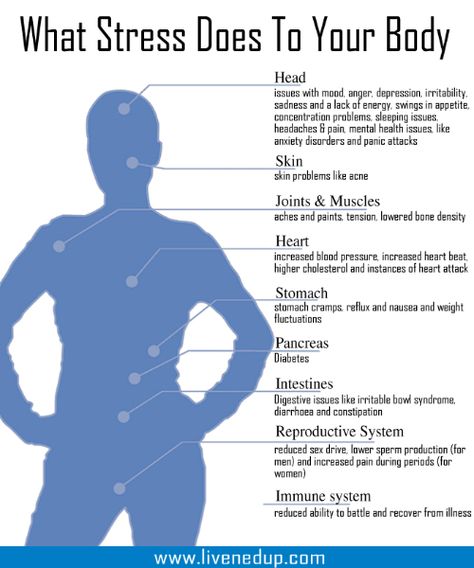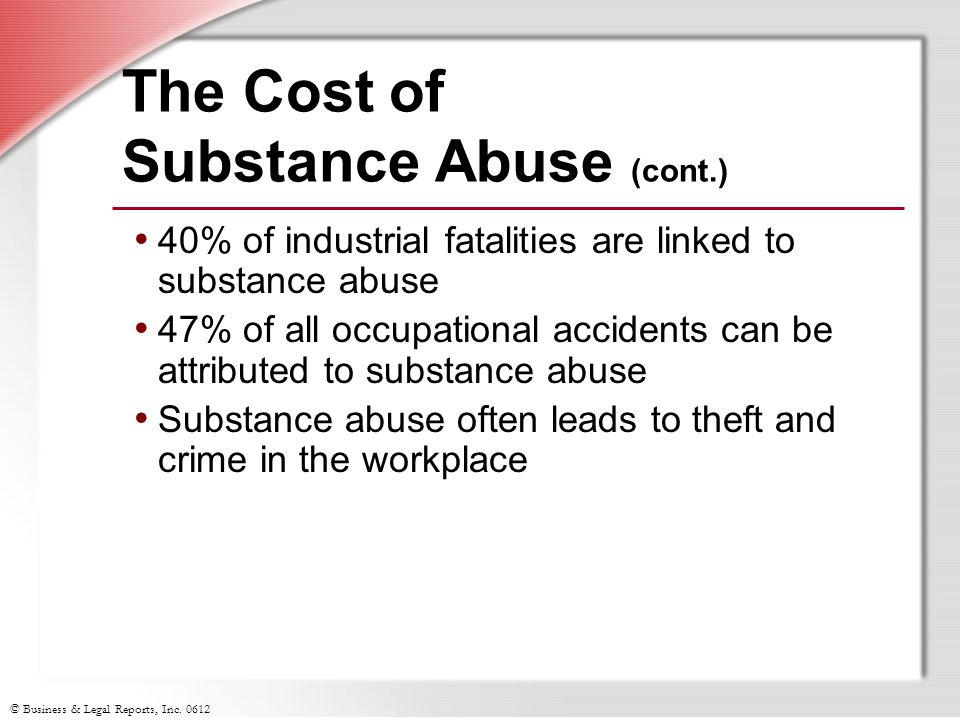What is blame shifting
Why Blame-Shifting Is a Form of Verbal Abuse
“Whenever we disagreed on anything, much less argued, it was impossible to move forward. I honestly didn’t see what was going on until long after because I wrongly believed he wanted what I wanted. But, in hindsight, our interactions were stuck on a giant hamster wheel or tape loop, like some personal version of the movie Groundhog Day. No matter where we started, it would usually end up being my fault. And if I weren’t blamed, he was off the hook. I caught him in a lie—it was, at the beginning and not an important one. He said, ‘If you’d asked the right question, I would have answered you.’ I didn’t have words to describe it then but I do now. The pattern was remarkably hard to see at the time.”
This is a story about blame-shifting and verbal abuse. All verbal abuse is about power and control. Verbal abuse can be a one-off in a relationship that is relatively healthy—yes, people sometimes lose it—but it dominates in relationships that are defined by an imbalance of power. The victim of the abuse is always the less powerful person in the relationship, and the person with power uses verbally abusive behaviors to maintain control. The distribution of power may be based on real-world facts—when the relationship isn’t between equals like that of a parent and a child, a teacher and student, a coach and a mentee, or a boss and an employee, for example. But it also happens in the context of relationships that appear to be, on the surface at least, between peers. In these relationships, the imbalance may be based on finances (one person needs the other’s resources), emotional connection or investment (one person is more committed to the relationship or more emotionally dependent in significant ways) or negative emotion (the powerless person is afraid of the empowered one or is ashamed to go public about being abused).
One form of verbal abuse that’s under-discussed is blame-shifting, which serves a number of functions. Its most obvious use is to deflect attention and any relevant discussion from one person to the other, this maintains the control that the blame-shifter wants.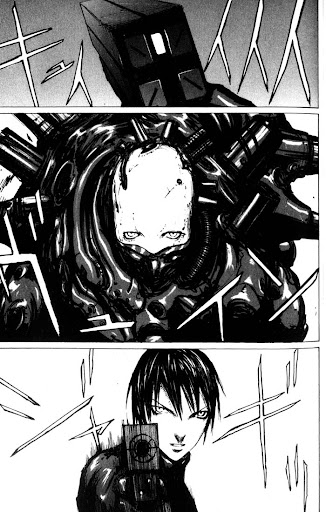
Source: fizkes/Shutterstock
Using deflection to maintain control (and assert innocence)
In intimate relationships, the abuser uses what he or she knows about you to gain a home-court advantage. If, for example, you tend to shy away from confrontations or backing down is your first line of defense, deflection will the first tool the blame-shifter reaches for because it’s highly effective. The tactic often sounds like this: ”If you weren’t so angry all of the time, I wouldn’t have had to lie.” In the moment, because you are indeed angry, this may actually sound reasonable and you might, just might, feel awful about yourself, which is the point.
Sometimes, blame-shifting merges with gaslighting, a manipulation aimed at having you doubt whether what you thought happened actually did happen, or any other tactic that makes you doubt your perceptions. Let’s say that the disagreement involves someone not making good on something he or she promised to do; the blame-shift here might be: “Because you’re never satisfied with anything I do, I didn’t see the point of trying. ” Again, the blame-shifter frames what he or she didn’t do as being a reflection of your actions. If he or she is right about your worrying about being a complainer, it is right on the money,
” Again, the blame-shifter frames what he or she didn’t do as being a reflection of your actions. If he or she is right about your worrying about being a complainer, it is right on the money,
Source: Photograph by Eric Ward on Unsplash / Copyright-free
Down the rabbit hole and other manipulations
The blame-shifter is often able to maintain control because threats work when there’s an imbalance of power. When your intimate turns to you and says, “Well, if you’re so unhappy, why don’t you just leave?," this is yet another tactic of deflection. Whatever complaint you might have voiced is stripped of its legitimacy and agency because the underlying message is that you’re just a whiner who likes whining; the threat makes you singularly alert and panicked. The next words out of your mouth will likely be: “But I don’t want to leave.” This is the bell signaling that the game is over.
Blame-shifting is subtle, which is why it works so well
Unlike more overt forms of verbal abuse like name-calling, expressing contempt, or derision, blame-shifting gets its energy from information the abuser has about you; usually, the manipulation hinges on your typical behavior (avoiding conflict or being a peacemaker) or something you believe is true about yourself (such as being insecure or anxious).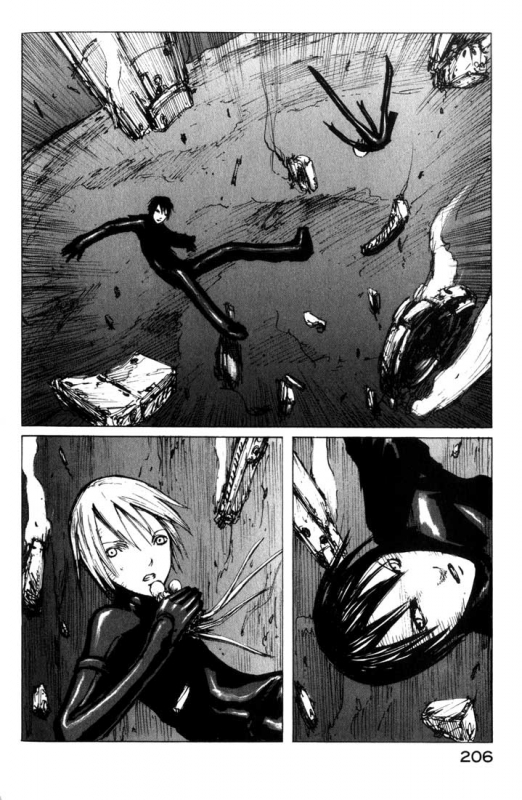 Instead of admitting that he or she lied or deliberately misled you, the abuser softens his or her face and says, “I was trying to spare you pain because I know you’re overly sensitive and emotional.” Note how that statement elevates the abuser, on the one hand, and puts you down, on the other. It’s a verbal sleight-of-hand but hardly magic.
Instead of admitting that he or she lied or deliberately misled you, the abuser softens his or her face and says, “I was trying to spare you pain because I know you’re overly sensitive and emotional.” Note how that statement elevates the abuser, on the one hand, and puts you down, on the other. It’s a verbal sleight-of-hand but hardly magic.
Seeing blame-shifting in context
When parents shift blame onto a child, it’s very damaging since the child absorbs whatever is said as truth; it reframes the parent’s action as being the child’s fault: “If you listened to me in the first place, I wouldn’t have to yell.” Or, “If you were a good child, I wouldn’t have to punish you.” This kind of abuse is closely allied to scapegoating.
In adult-on-adult relationships, it usually cements the status quo and gives energy to toxic ways of relating. It’s only when the target begins to see blame-shifting as a poisonous and controlling behavior that, just like in a fairy tale, the spell is broken.
Copyright ©2021 by Peg Streep
Facebook image: fizkes/Shutterstock
10 Ways Blame-shifting in Relationship Harms It
In This Article
The blame game in relationships is often a running joke in popular movies and TV shows.
However, what do you do when your partner shifts all the blame onto you while absolving themselves of everything?
Blame-shifting in relationships is a manipulation tactic designed by the abuser to victimize themselves while portraying negative situations as your fault.
“I wouldn’t have screamed at you if you weren’t nagging me.”
“I cheat on you when you are too busy working and can’t seem to find the time for me.”
“I wouldn’t have called your mom if you weren’t such a horrible person!”
If you often find yourself on the receiving end of such statements, you may be undergoing blame-shifting.
Let’s go over what is blaming, how blame-sitting works, why do people blame others, and how to deal with someone who blames you for everything.
What is blame-shifting in relationships?
According to Dr. Daniel G. Amen,
“People who ruin their own lives have a strong tendency to blame other people when things go wrong.”
People who use blame-shifting are often escapists who lack the emotional maturity to own up to their behavior and the resulting consequences of their actions. These people often perceive negative situations as another’s responsibility.
Blame shifters often victimize themselves.
Since blame-shifting is a form of a coping mechanism, the person shifting the blame may be doing it unconsciously and may not understand their faulty logic.
However, the individual on the receiving end of the blame games often believes such accusations are true and tries hard to work on the relationship.
Unfortunately, when dealing with projection and blame, the victims often find that they aren’t able to make things work. They often blame themselves for the failure of the relationship.
Related Reading: The Blame Game Is Destructive to Your Marriage
Is blame-shifting an abusive behavior?
Everyone indulges in blame-shifting now and again.
Students who score low grades in their class quiz blame it on their teacher for not liking them, or people who lose their jobs often blame their boss or colleagues.
But, how long can you go around passing the blame?
Yes, blame-shifting is a form of abusive behavior.
Being with someone who doesn’t take responsibility for their actions takes a toll on your psychological and emotional wellbeing. You often feel drained and emotionally exhausted from taking all of the blame for things you didn’t do.
This created a toxic equation between you and your partner.
Blame-shifting in relationships is also a way to manipulate you into doing something that you otherwise wouldn’t be willing to do. The abuser makes you feel like you “owe” them something.
Finally, blame-shifting is often done to create a shift in the power dynamic between you and your partner. When your partner finally convinces you that you were at fault, they tend to have more power over you. Additionally, the responsibility of fixing the relationship also falls on you.
If your partner has the habit of always blaming others, it is a red flag that you should not ignore.
Psychology behind blame-shifting- Why do we blame others?
As mentioned in the previous section, blame-shifting in relationships is something most of us are guilty of doing at one point in our lives. We may still unconsciously be doing it!
Let’s take a quick look at some psychological reasons for blaming others.
Blame-shifting can often be explained as a classic case of fundamental attribution error.
So, what does this mean?
In simple words, we often attribute someone else’s actions to their personality and character. Still, when it comes to us, we often attribute our own behaviors to external situations and factors out of our control.
For example, if your colleague is late to work, you might label them tardy or lazy. However, you’ll attribute it to the alarm clock not ringing on time if you are late to work.
There’s another reason why we shift the blame on others.
According to Psychoanalysts, our ego defends itself from anxiety by using projection–a defense mechanism wherein we take out our unacceptable feelings and qualities and blame them on other people.
So, you often find yourself blaming others for your actions.
The defense mechanism always points to a lack of insight into our feelings and motivations. Since defense mechanisms are often unconscious, a person who is projecting on you will usually not realize what they are doing.
Related Reading: Why Blaming Your Partner Won't Help
How blame-shifting works?
Imagine this. You and your partner are coming home from a 12-hour car journey, and both of you are extremely exhausted from the drive. While your partner is behind the wheel, you’re admiring the beautiful sky.
While your partner is behind the wheel, you’re admiring the beautiful sky.
And then, you feel a crash!
It turns out; your partner miscalculated the turn they had to take and end up hitting the car on the curb.
The rest of the week, you get to hear– “I hit the car because of you. You were distracting me.”
You feel like you’re going crazy because you were silently looking at the sky!
What to do when someone blames you for everything?
Blame-shifting in relationships is often subtle and, like all types of abuse, often starts with something small that could be your fault. It intensifies as time passes in your relationship.
The characteristic feature here is that your partner will never admit their mistakes.
Techniques used while shifting blame in relationships
There are several techniques used while blame-shifting in relationships. These include the following:
- Minimizing
In this manner, the abuser will try to invalidate your feelings, and you may feel like you’re going crazy. This is a technique of dismissal and rejection of someone’s thoughts and feelings. Psychologically, it negatively impacts the partner.
This is a technique of dismissal and rejection of someone’s thoughts and feelings. Psychologically, it negatively impacts the partner.
Christina and Derek were on a break, during which Derek started dating her best friend, Lauren. When Christina found out what was going on, she confronted Derek, who told her she was childish and immature. He also called her “too sensitive.”
- The victim card
By playing the “poor me” victim card, Max was able to shift all the blame onto Joe. Playing the victim card means the person feels powerless and does not know how to be assertive, but tries to gain an advantage by cutting a sorry figure.
Joe and Max were in a relationship for three years. Joe is a lawyer at a well-reputed firm while Max is in-between jobs.
One night, Joe came home to find Max drinking whisky after five years of sobriety. Upon confronting him, Max said, “I drink because I’m alone. My wife leaves me alone at home to fend for myself because she’s too busy building her career. You’re so selfish, Joe. I have no one.”
My wife leaves me alone at home to fend for myself because she’s too busy building her career. You’re so selfish, Joe. I have no one.”
Related Reading: How to Recognize and Deal With Victim Mentality
- The stink bomb
The go-to-hell attitude is reserved for when the abuser knows that they’ve been caught and have nowhere else to go. This clearly means that when the person has no opportunity to defend or escape, they unabashedly accept it and pretend they aren’t even at fault.
Jack caught Gina texting her ex-boyfriend and planning to meet him on the weekend. When he confronted Gina, she said, “So what? Can I not meet someone without your permission?” and “Am I your puppet? Why do you think you need to control my every move?”
Gaslighting versus blame-shifting
The term gaslighting has become mainstream, thanks to all the attention it has gotten from social media.
Gaslighting is a subtle form of emotional manipulation wherein you start doubting your sanity and perception of reality. It’s a way of insisting that something didn’t happen when it did in reality.
It’s a way of insisting that something didn’t happen when it did in reality.
For example, “I didn’t call you stupid! You’re only imagining it!”
When someone is gaslighting you, they are exploiting your vulnerabilities, fears, insecurities, and neediness.
On the other hand, blame-shifting is a form of manipulation in which your partner twists things so that you end up being blamed even if you were not at fault.
Many gaslighters also use covert blaming, which is why the two are considered similar.
This video will make things easier for you to understand.
In most cases, people on the receiving end of blame-shifting often do end up believing that they are in the wrong and are fully responsible for how they’re being treated.
So, most people don’t even realize how serious blame-shifting in relationships actually is.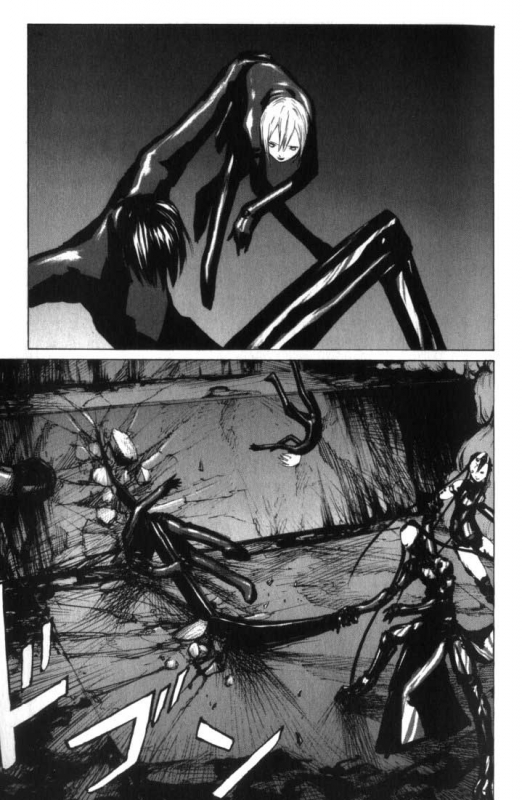
Related Reading: How to Deal with Gaslighting
Why do controllers and narcissists blame-shift?
In order to understand how blame-shifting in relationships works, it is also important to understand why narcissists and controllers use this tactic.
The inner guiding voice and blame-shifting in relationships.
Our internal guiding voice helps us navigate through tough terrains. This voice inside of our head is developed during our childhood through:
- Our temperament.
- Our early childhood experiences and bonds.
- How we evaluated our own worth.
When we do something right, our inner voice rewards us and makes us feel good about ourselves. It also does the opposite when we do something bad.
Narcissistic people lack a healthy inner guiding voice.
Their internal voice is often critical, harsh, devaluing, and perfectionist.
It is due to this harshness of their moral compass that they cannot accept blame and try to deflect it on to someone else.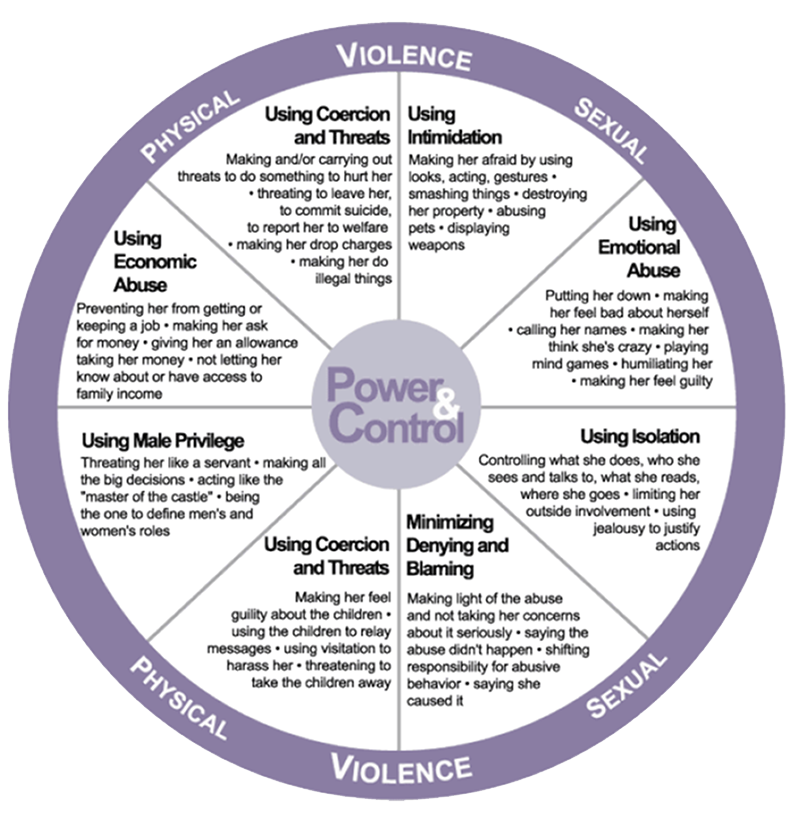 This is their way of saving themselves from going down a spiral of self-loathing, guilt, and shame.
This is their way of saving themselves from going down a spiral of self-loathing, guilt, and shame.
They also feel unsafe and fear being humiliated.
Related Reading: Steps to Identifying a Narcissist
10 ways blame-shifting is affecting your relationship
Blame-shifting in relationships isn’t always as easy to pinpoint as you might think.
Therapists often come across people that exclaim, “My wife blames me for everything!” “My husband blames me for everything!” “Why does my girlfriend blame me for everything!” to often find that their clients lack insight or have misread the situation.
Here are ways in which blame-shifting is affecting your relationship:
1. You start believing everything is your faultSince blame-shifting in relationships is designed to make you feel like you’re always in the wrong, you start to accept it and truly believe that you are at fault.
This damages your ego and reduces self-confidence.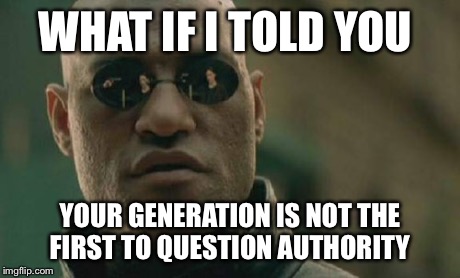
The communication gap between you and your partner only widens, thanks to the blame-shifting in relationships. With every effort that you make to communicate with your partner, you often find yourself to be proven wrong.
Your partner may even convince you that you were to be blamed for their actions.
Related Reading: Causes of Relationship Communication Problems3. You’re afraid of making decisions
Due to low self-confidence, you hesitate to make decisions as you feel your partner might label it a mistake. So, you start consulting with your partner–even while making small decisions, like what to cook for dinner.
This further lowers your independence and self-confidence.
4. You lose out on intimacyBlame-shifting in relationships reduces intimacy between you and your partner as the communication gap widens. You start being afraid of judgment and harsh criticism from your partner and keep to yourself.
This reduces intimacy in your marriage as you don’t feel close to your partner.
Related Reading: Lack of Intimacy Resulting to Relationship Problems5. You start being resentful towards your partner
You avoid your partner as much as you can and start working late in an attempt to avoid going home. You feel like you’re losing self-respect and start being resentful towards your partner.
You might even start to feel irritable, tired, and dreadful. You’ll prefer not to speak to your partner in order to keep them from arguing with you.
Related Reading: Recognize the Red Flags of Resentment in Your Relationship6. Poor self-esteem
Always being on the receiving end of blame has an effect on your overall self-esteem.
Blame-shifting in relationships causes you to have low confidence in your abilities, and you constantly find yourself second-guessing yourself.
You start to see yourself as unlovable and unworthy, putting your partner on a pedestal.
You no longer feel that your partner is on your team, so you stop opening up to them about your hopes, dreams, and fears for lack of being judged and blamed.
This further increases the communication gap and lack of intimacy between the two of you.
Related Reading: Things That Are Keeping You From Opening up to Your Partner8. Negative communication increases
Blame-shifting reduces room for positive communication, and almost all the communication you have with your partner ends in an argument. You often feel like you have the same fight again and again.
This can be draining for you as the equation between you and your partner becomes toxic.
Related Reading: Ways to Break the Cycle of Negative Communication in a Marriage9. You start feeling lonely
Thanks to the low self-confidence and self-esteem, you start feeling lonelier than ever and think that no one will be able to understand you.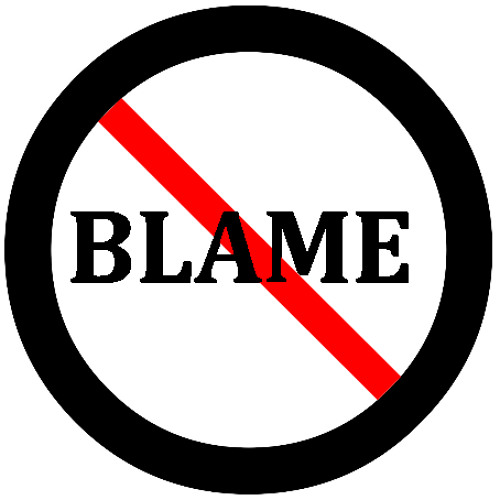 Your sense of self has taken various blows, and you feel that you’re all alone.
Your sense of self has taken various blows, and you feel that you’re all alone.
This feeling of loneliness can often manifest itself as depression.
Related Reading: Are You Feeling Alone in a Relationship?10. You start accepting abusive behavior
With injured self-esteem and self-confidence, you are more likely to accept abusive behavior, like gaslighting, as your partner has gotten away with blame-shifting.
Related Reading: Why Do People Stay in Emotionally Abusive RelationshipsWhat to do when you are blame shifted?
Blame-shifting in relationships can be tough if you’re on the receiving end. Here’s what you can do when you find yourself on the receiving end:
Instead of indulging your partner when they’re playing the blame game, try to solve the problem at hand by lending them a hand.
This will help your partner understand that you’re not purposefully trying to frustrate them–that you’re on their team.
Instead of arguing with your partner, try to be empathetic towards them. They blame you in order to protect themselves from their judgemental and critical inner voice.
You can try to be empathetic towards them and try not to judge them.
Related Reading: How to Build Empathy in Relationships
- Be kind
Your partner’s childhood has a lot to do with their blame-shifting. Whenever they did something wrong as a child, they would be harshly punished. So, it is difficult for them to own up to their mistakes.
Be kind to them rather than having a rigid approach. Try to understand the place they are coming from, their trauma and adversaries and gently try to work on them together.
Summing upDid we cover everything you needed to know about blame-shifting in relationships?
Blame-shifting a tactic used by someone who’s trying to protect their own ego from pain. Being with someone who doesn’t take responsibility for their actions can be hard.
However, it can be highly damaging for the one on the receiving end and the relationship, but you can surely handle the relationship with the right approach.
Others are to blame for everything | PSYCHOLOGIES
25,479
Know thyself A man among men
Five-year-old Alina knocked over a glass of milk. "It's not my fault!" she screams. Yes, of course, her brother at the other end of the table is to blame. We are to blame, because we talked to her and distracted her. Blame the unfortunate glass, the rickety table that blinded her with a ray of sun. She is five years old, and her behavior is understandable. But we, adults, often make excuses in the same way. We are not to blame, but someone else, circumstances, bad luck or Pushkin.
“The easiest way to get rid of guilt is to dump it on something external,” reminds psychoanalyst Robert Neuburger. Why is it difficult for us to accept this feeling, despite the fact that we have learned to cope well with both anger and sadness? “These two emotions do not cause shame,” explains psychoanalyst Virginie Meggle. “We can get rid of them with crying, screaming.” But the guilt remains with us, and it is too difficult to bear it.
“We can get rid of them with crying, screaming.” But the guilt remains with us, and it is too difficult to bear it.
Why? Here are three reasons.
I don't want to doubt myself
Guilt makes us vulnerable. “She catches by surprise,” says Robert Neuburger. “And our self-image is changing.” Everyone has an idealized image of themselves. And suddenly a real or perceived mistake spoils everything. We are forced to doubt ourselves, and perhaps we will be disappointed. We lose peace and confidence. And if the neighbor is to blame, self-esteem does not suffer. We avoid thoughts that might hurt.
I am afraid of punishment
We want to remain impeccable in the eyes of others so as not to cause rejection. After all, we need to connect with them in order to survive.
“Behind our excuses lies a huge fear: the fear of losing love and being alone,” emphasizes Virginie Meggle. And the feeling of guilt activates scripts related to the events of our lives. We are afraid of being abandoned (abandonment scenario), not being liked (abandonment scenario), showing our weaknesses (imperfection scenario). When we make a mistake, we anticipate punishment. And being “punished” at 50 is just as unpleasant as at five.
We are afraid of being abandoned (abandonment scenario), not being liked (abandonment scenario), showing our weaknesses (imperfection scenario). When we make a mistake, we anticipate punishment. And being “punished” at 50 is just as unpleasant as at five.
I attribute to others what I don't like about myself
In order not to disappoint others or ourselves, we use an unconscious and very powerful defense mechanism. “It's a projection mechanism,” explains Virginie Meggle. “We reproach others for what we ourselves sin, refusing to admit it.”
We reproach both for mistakes and for “bad” character traits and feelings. This is especially noticeable in couples: the other always demands too much from me or loves not so much. But admitting this is too risky for both self-esteem and a sense of security. And the psyche protects us - fortunately or unfortunately.
Personal experience
Emma, 33, nurse
“Everything around me didn't feel good enough.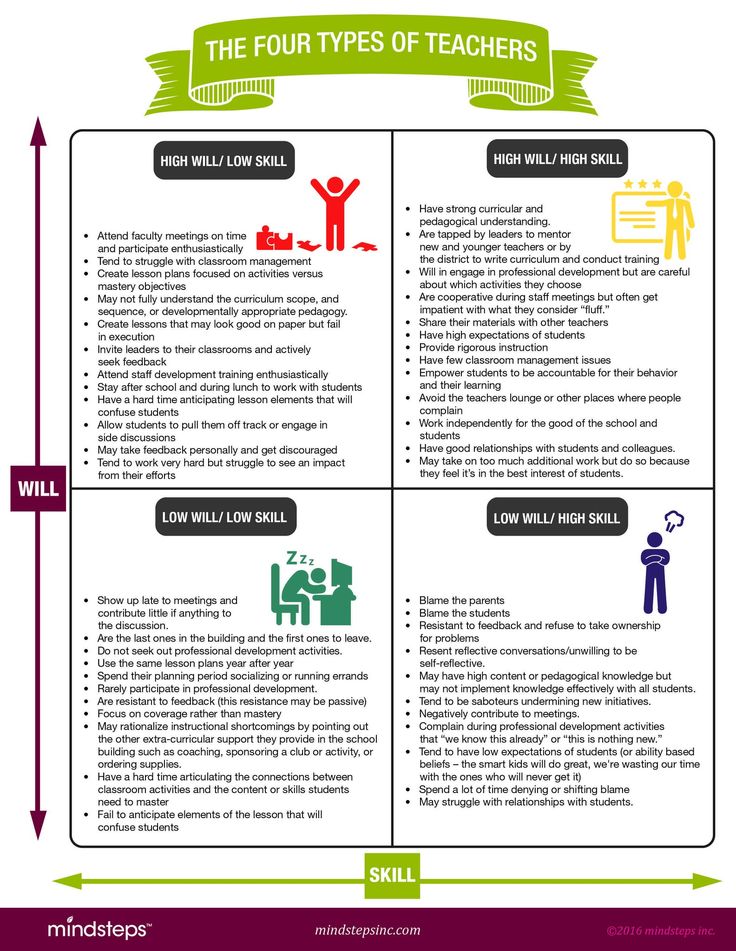 I blamed others because I actually felt constantly guilty. When I thought about where this feeling comes from, I quickly remembered that as a child I often heard: “You don’t study well enough” or “You didn’t clean the room well.” And any imperfection again threw me into a state where I had to apologize. I had too much guilt, so I put it on others! And then I was able to take on my part of the responsibility - only my own. And I’m more willing to give others “them” a part. Only them."
I blamed others because I actually felt constantly guilty. When I thought about where this feeling comes from, I quickly remembered that as a child I often heard: “You don’t study well enough” or “You didn’t clean the room well.” And any imperfection again threw me into a state where I had to apologize. I had too much guilt, so I put it on others! And then I was able to take on my part of the responsibility - only my own. And I’m more willing to give others “them” a part. Only them."
What to do?
Respond consciously
Understand what you say and do involuntarily, out of duty - for example, to avoid feelings of guilt. What makes you embarrassed and ashamed? Answer this question to stop responding automatically. And to alleviate the feeling of guilt, and hence the desire to shift it to someone else, do good deeds. Attention to others, benevolence and gratitude are effective means.
Accept imperfection
By blaming mistakes on others, we do not get rid of guilt. This is an ineffective strategy. Perfection is a goal we strive for, but not a reality.
This is an ineffective strategy. Perfection is a goal we strive for, but not a reality.
It is better to accept your imperfection. We are imperfect beings. Recognizing this makes us stronger: we become fairer to ourselves. Making peace with ourselves is more comforting than blaming, whether we blame ourselves or others.
Explore guilt.
Meditation, for example, allows you to accept your emotions without fear or judgment. Listen to what's going on inside you. If this seems too difficult, ask yourself: what might happen if you plead guilty? This will allow you to understand what consequences you are trying to avoid and help clarify the internal scenario.
Text: Elza Lestvitskaya Photo credit: Getty Images
New on the site
“I attract the wrong men”: how to break the vicious circle
“I am too cold and arrogant. How to love people?
“A man is in correspondence with another woman. How to talk to him about it?
Why people don’t want to start a family: a new study by scientists
“I can’t sleep”: 5 ways to lull a restless brain — try it for yourself
Blat, sexism and bosses in shorts: Russians shared wild stories from interviews0003
3 Ways to Impress a Potential Partner
Sexual, Gender, Contraceptive: The 3 Revolutions of the Feminist Movement
📖 Shifting blame as a question, Tricks that affect your moral principles.
 Guilt as a driving force, TRICKS YOU HAVE IN YOUR PROFESSIONAL LIFE: EXAMPLES, ANALYSIS AND DEFENSIVE MECHANISMS. 100 most popular communication tricks. Lionov P. F. Page 36. Read online
Guilt as a driving force, TRICKS YOU HAVE IN YOUR PROFESSIONAL LIFE: EXAMPLES, ANALYSIS AND DEFENSIVE MECHANISMS. 100 most popular communication tricks. Lionov P. F. Page 36. Read online ...
Shifting the blame in the form of a question
In business as well as in private life, it is a common tactic to shift the blame onto another person through skillful rhetorical and suggestive questions.
Situation. A few years ago, our organization installed a new phone that had a whole host of computer tricks. After some time, my wife did something wrong when using the phone, so it became impossible to call customers. A call to the supplier who installed the machine did not solve the problem; instead of explaining how to fix the situation, the supplier asked us a rhetorical and at the same time exclusionary question: “I already explained everything to you, didn’t I?” At first, my wife experienced feelings of doubt and guilt; of course, the supplier, from his point of view, "explained everything", but not in detail.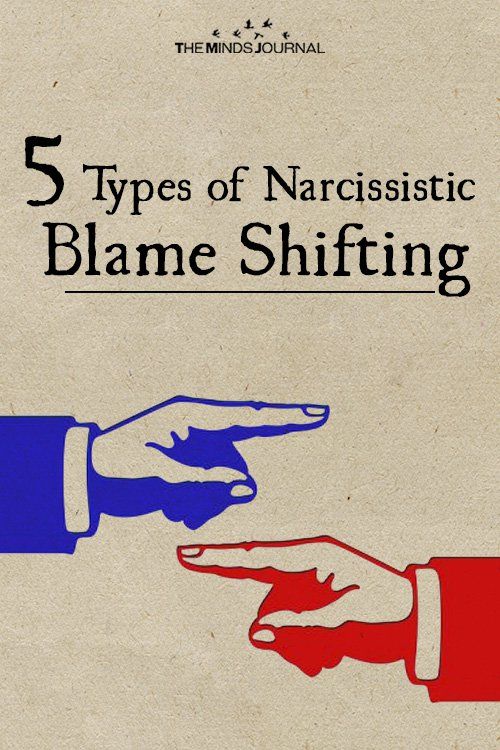 He transferred his remorse to my wife.
He transferred his remorse to my wife.
A client told me a similar story: their firm's lawyer lost an important litigation even though he was convinced in advance: "We'll win it easily!"
Psychology bookap
After losing the case, the client demanded an explanation from the lawyer. The answer was: “You are a smart person, aren't you? You also probably know that everything is in the hands of God in judgment, right? Even a brilliant lawyer like me cannot always win in court, because not every judge is able to act accordingly, right?
And the client felt guilty: how could he make such reproaches to his lawyer?
Such tricks are used everywhere. Let's say a project fails because the boss has loosened control over its progress, he will shift the blame to the project manager: “You are responsible for it, aren't you? Why didn't you follow?"
Or your boss asks, “I told you that this is a difficult project. Or is it not?
And this tactic can also be reinforced with anger, particularly when someone is under intense pressure: “Are you going to wait until you lose a client and everyone points the finger at you? Do you want to stand in front of all the loser who ruined this contract with the buyers for us?
This is a powerful tool - I have experienced such situations myself, and also know about it from the stories of my clients.

